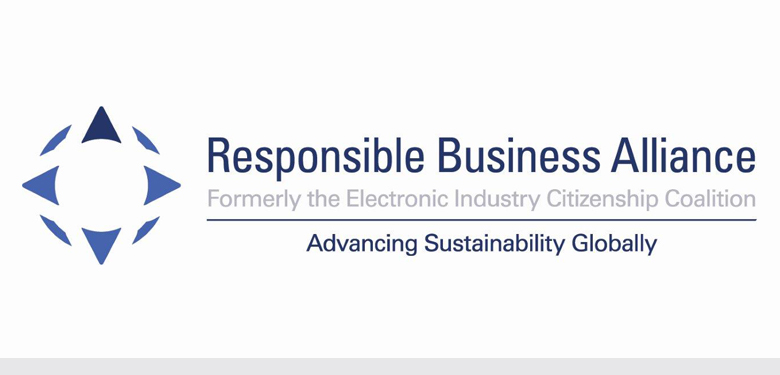
Workplace of Choice, Malaysia
Promoting safe and fair labor practices for foreign migrant workers.
Executive summary
On behalf of the Responsible Business Alliance (RBA, formerly the Electronic Industry Citizenship Coalition or EICC) and with Humanity United’s collaboration, ELEVATE introduced The Workplace of Choice, a 32-month long project in Malaysia. The award-winning project aims to protect foreign migrant workers from exploitation and promotes safe and fair working conditions in Malaysia’s vital electronics industry. The RBA is composed of leading electronics companies dedicated to improve corporate social responsibility in supply chains all over the world. The Workplace of Choice project assists in ensuring fair and safe labor practices, workers surveys, grievance mechanisms as well as a series of innovative educational and capacity building practices in the industry.
The Workplace of Choice was awarded “Most innovative new program” at the Sedex Awards 2017.
Scope of services
This impact-focused project is strengthening the sustainability of Malaysia’s vital electronics sector by drawing on worker voice to promote safe and fair labor practices for foreign migrant workers. It is also instilling a series of innovative educational and capacity building practices that support remediation.
The scope of services includes carrying out:
- Worker surveys: Facilitating communication with workers through grievance mechanisms and delivering clear remediation and access to remedy.
- Worker-management communication: Effective training that includes practices and specific tactics to enhance communication between management and foreign migrant workers.
- Worker education: A training program designed to inform foreign migrant workers on individual and labor rights.
- Suara Kami helpline: An independent and accessible helpline for workers that allows them to raise their concerns confidentially.
Challenges
Malaysia’s large electronics industry faces a wide array of issues regarding labor practices. The main challenge is ensuring ethical working conditions for the large number of foreign migrant workers employed in the electronics sector. These ethical breaches can often be attributed to factories that employ workers through an intricate system of labor brokers that exploit workers through excessive recruitment fees, passport retention, falsified job information, contracts in other languages, etc.
Program impact
- 78% of factories have reimbursed excessive recruitment fees or developed internal policies to prevent these practices; 79% of factories have made progress on passport retention
- 23 electronics factories enrolled covering 46,000 workers, with 50% being foreign migrant workers from 12 different countries in Asia
- 2,761 workers surveyed to date, 68% of whom are foreign workers – all findings providing valuable insights to worker perspectives on the recruitment, hiring and employment management process
- Third party independent helpline for workers launched in late 2016 in 10 languages. 260 text messages or calls were received in the first two months.
For more information on current program, visit RBAFoundation.org